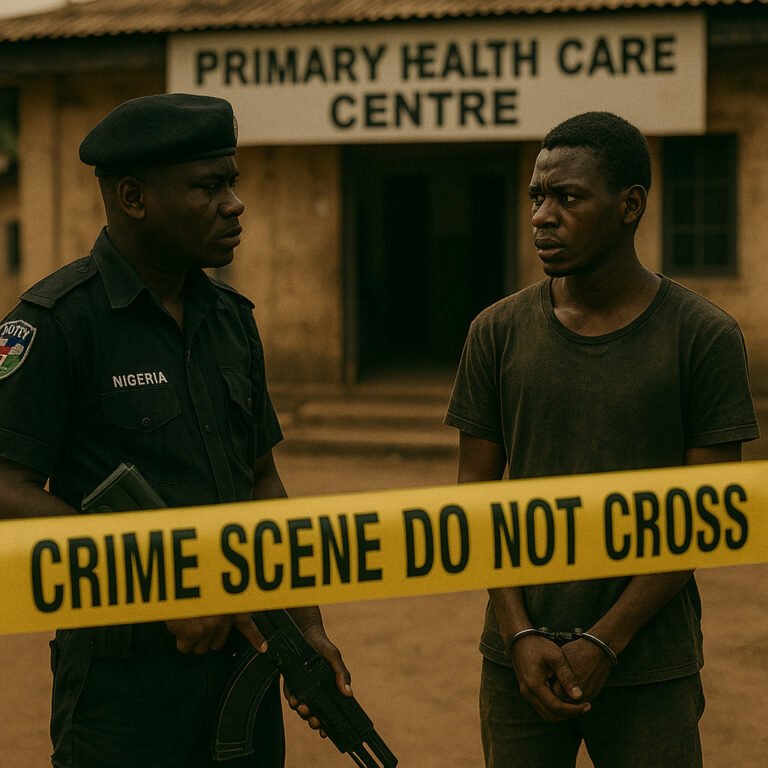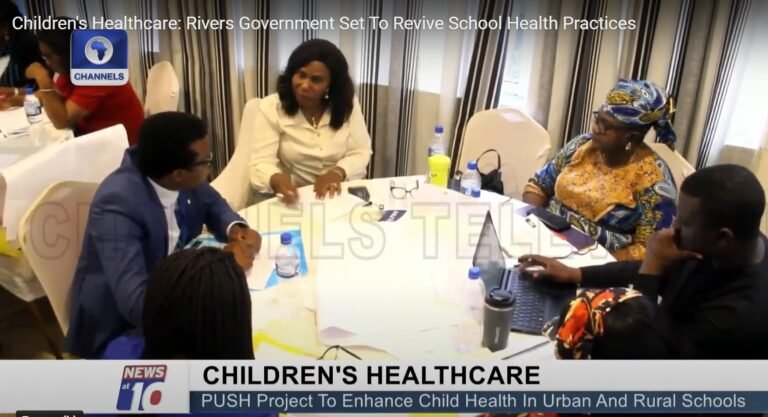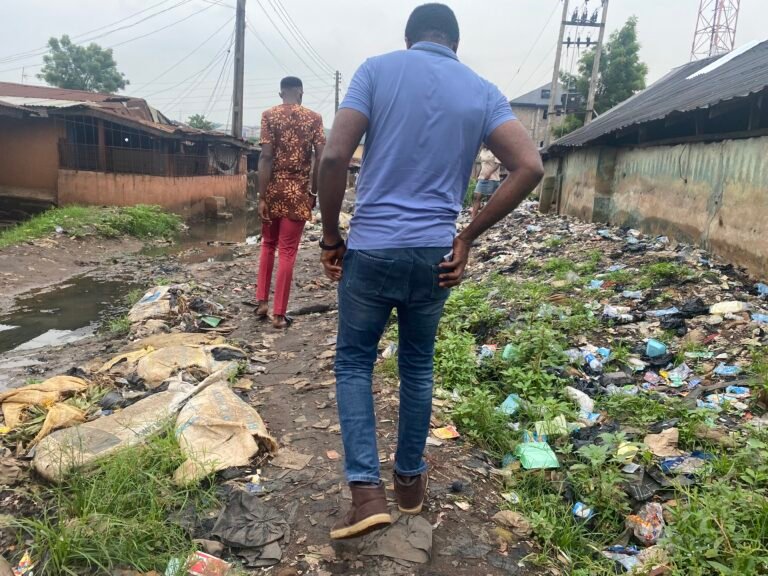Stakeholders worry about the impact of urban crimes on achieving Universal Health Coverage in Nigeria

“Once it is dark, we rush home […] no power supply and no streetlights […] even if you are sick, you wait till it is daybreak, than to lose your life from attacks when it is dark. Also, when there…








